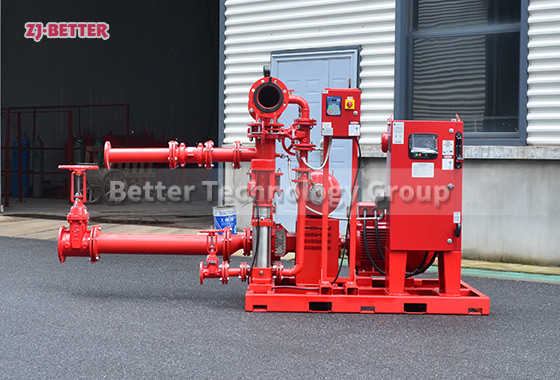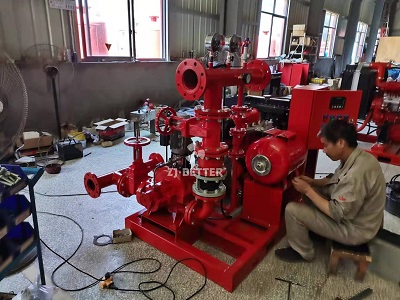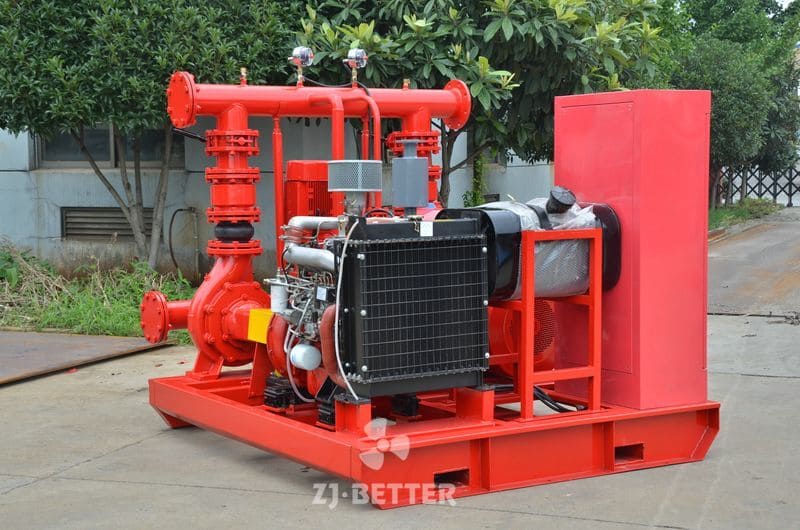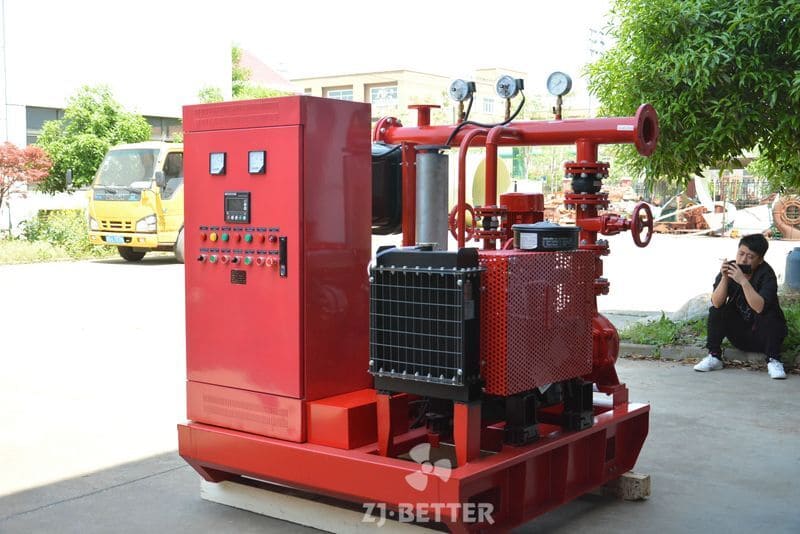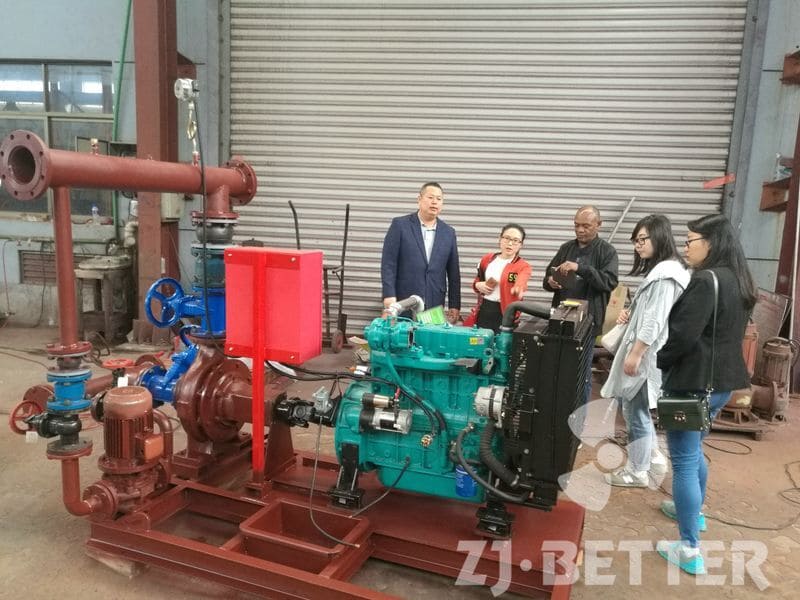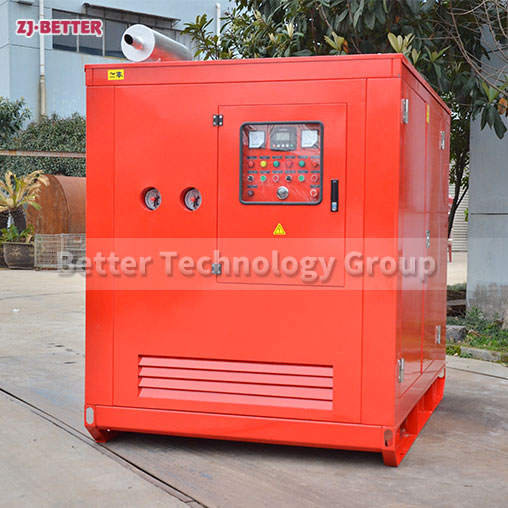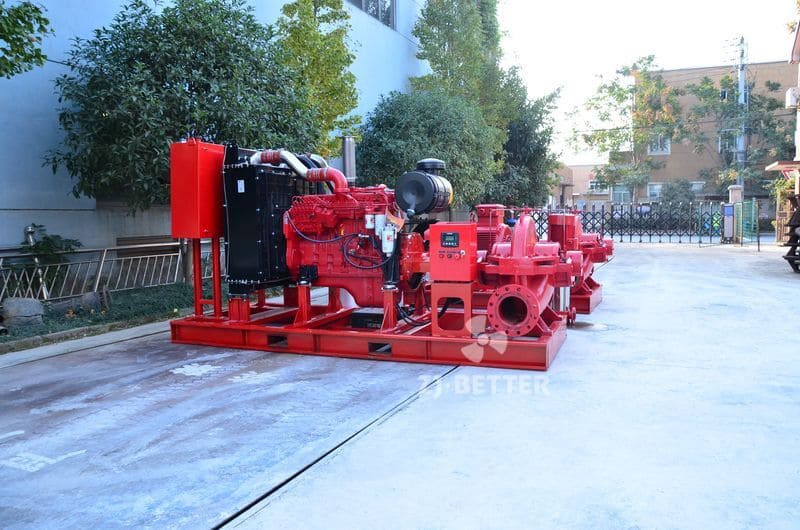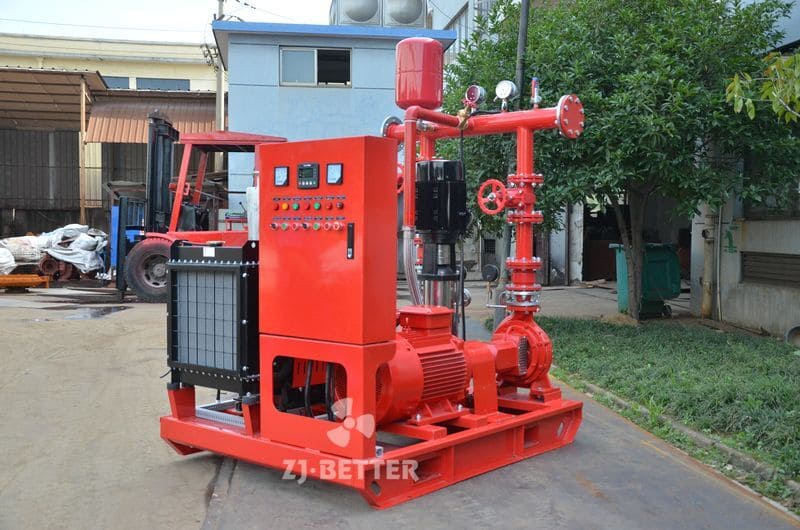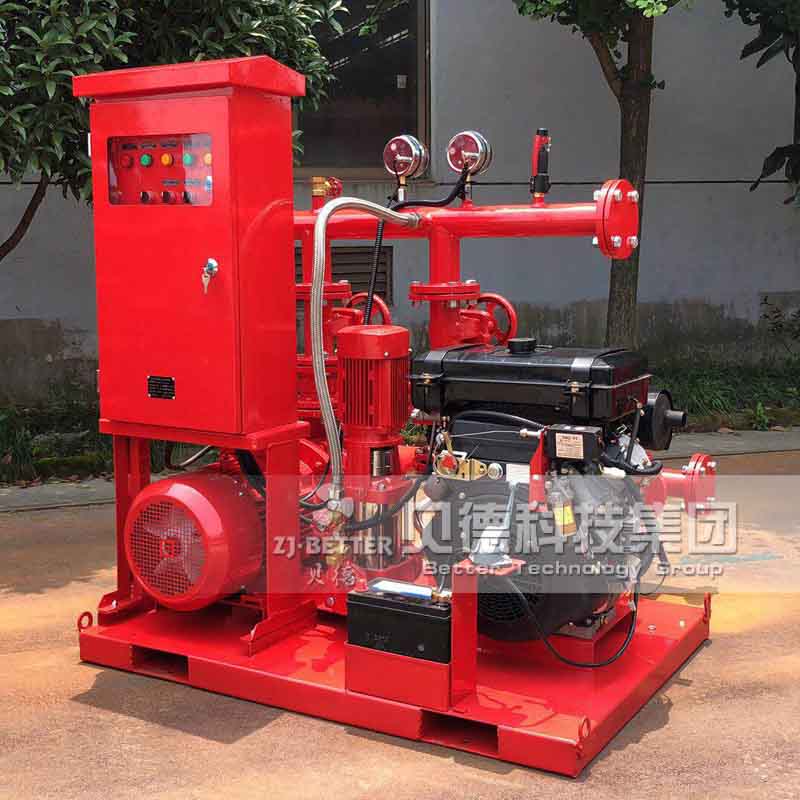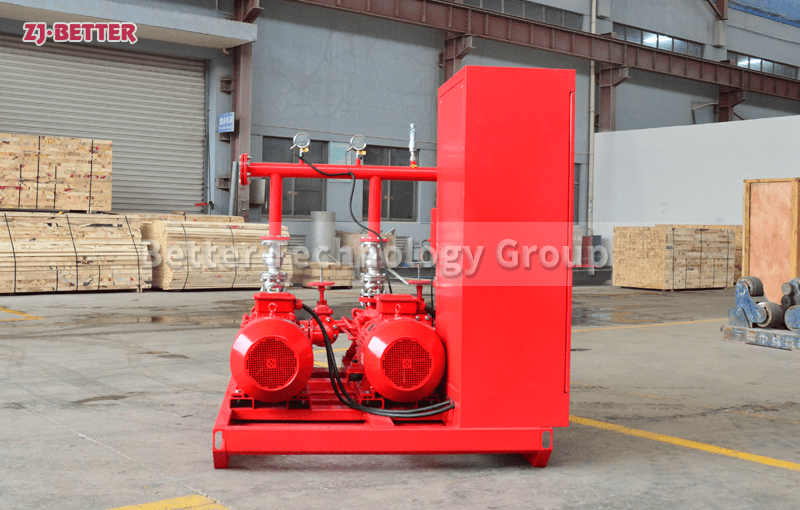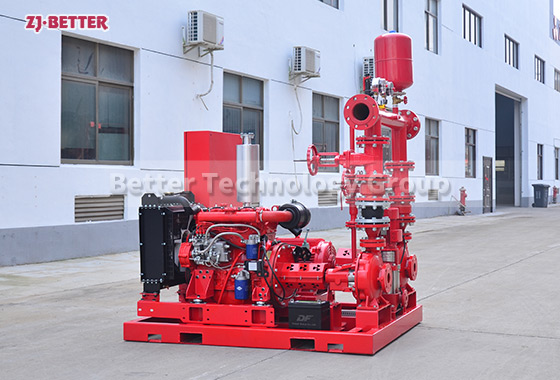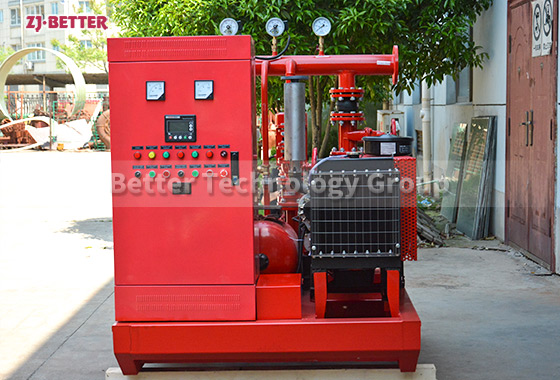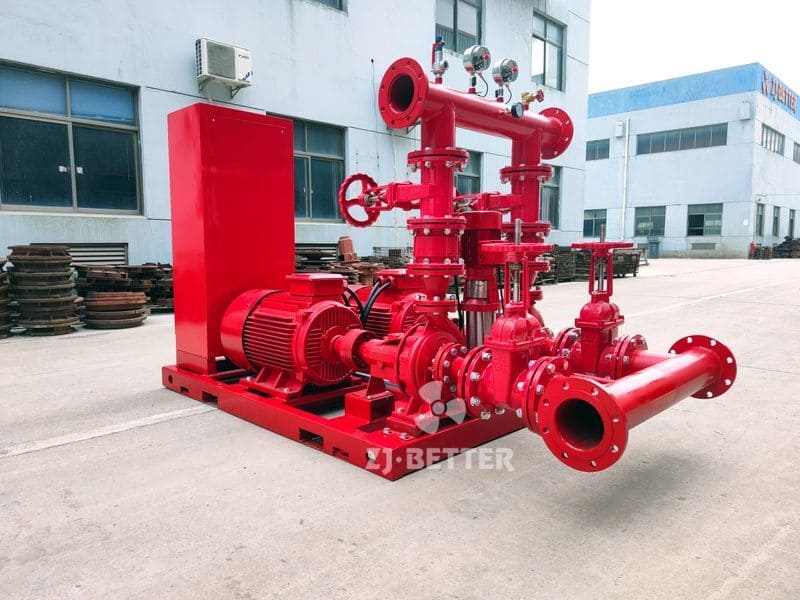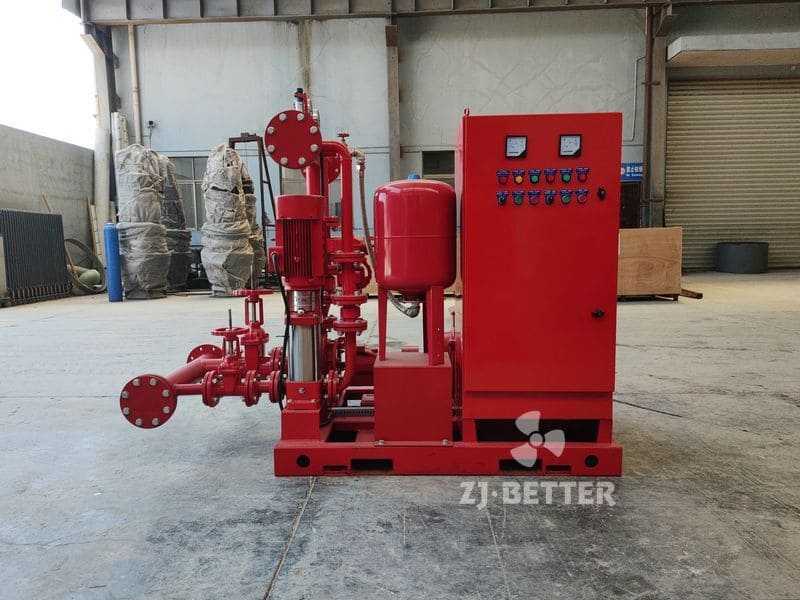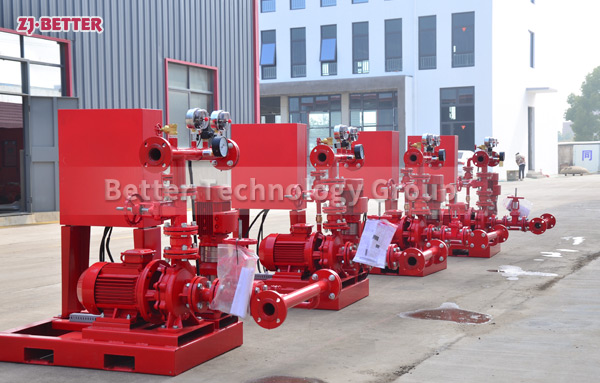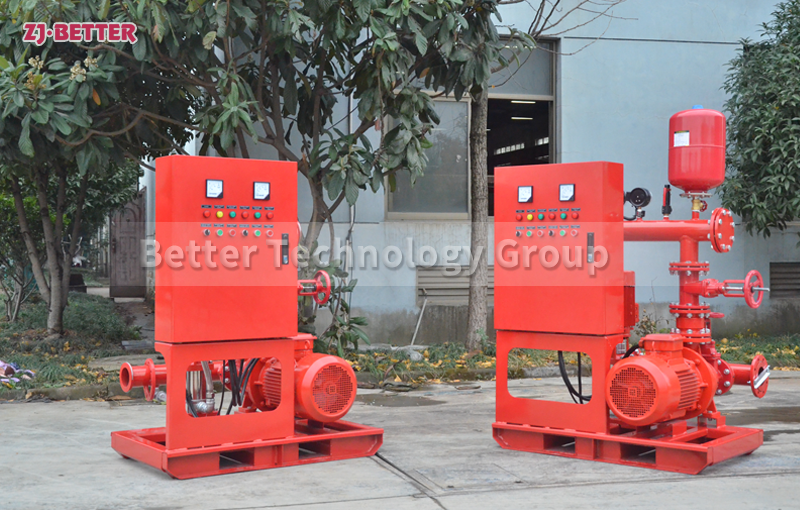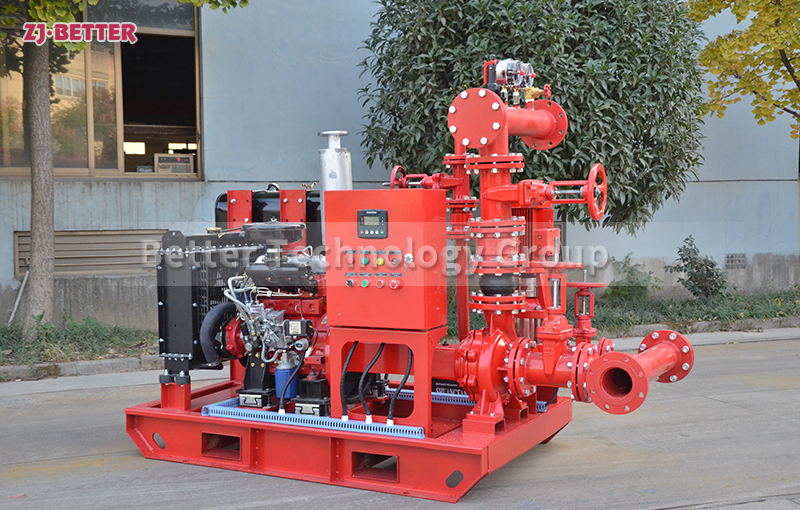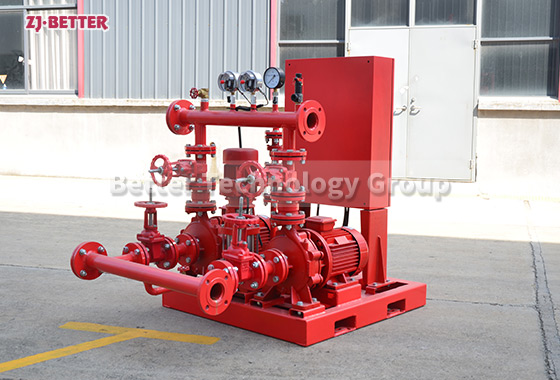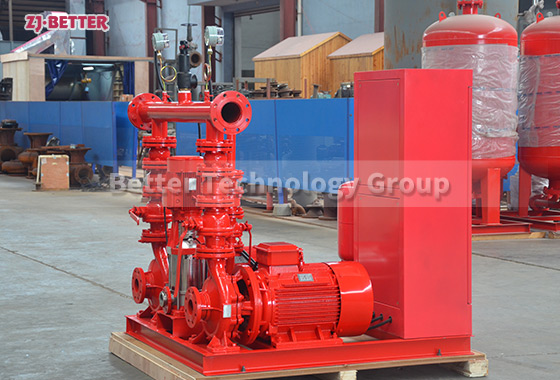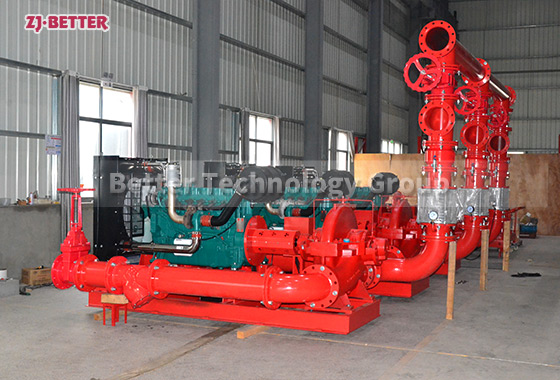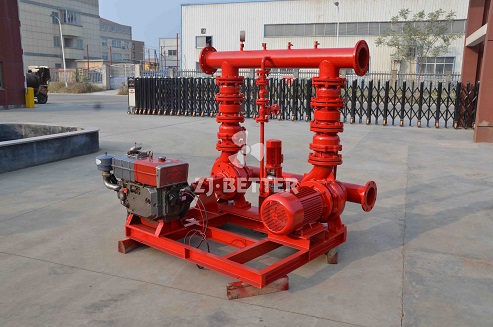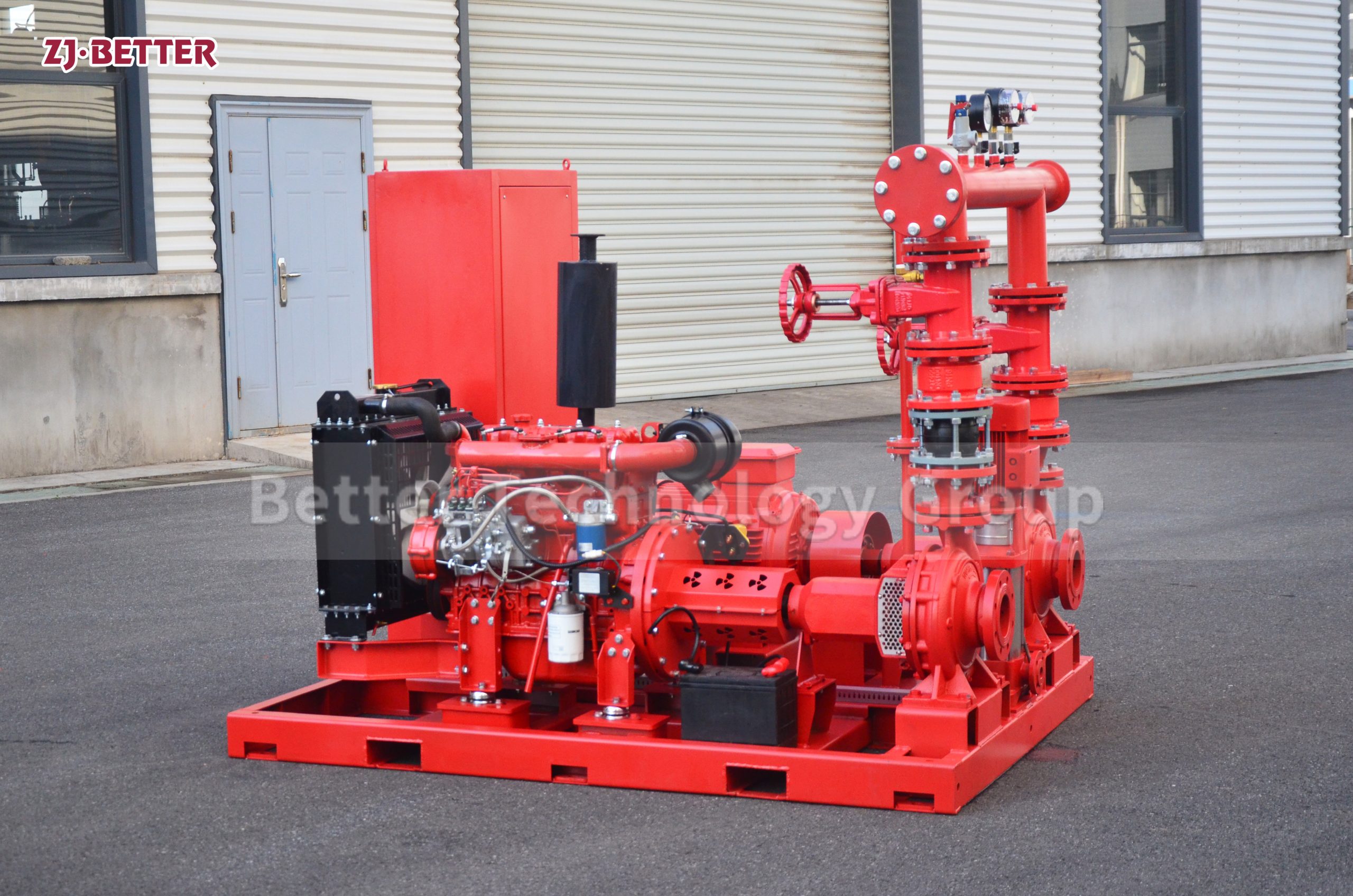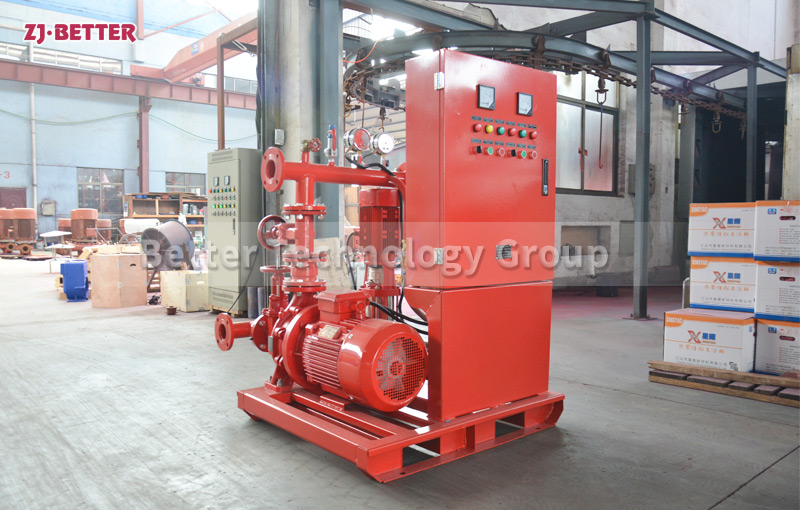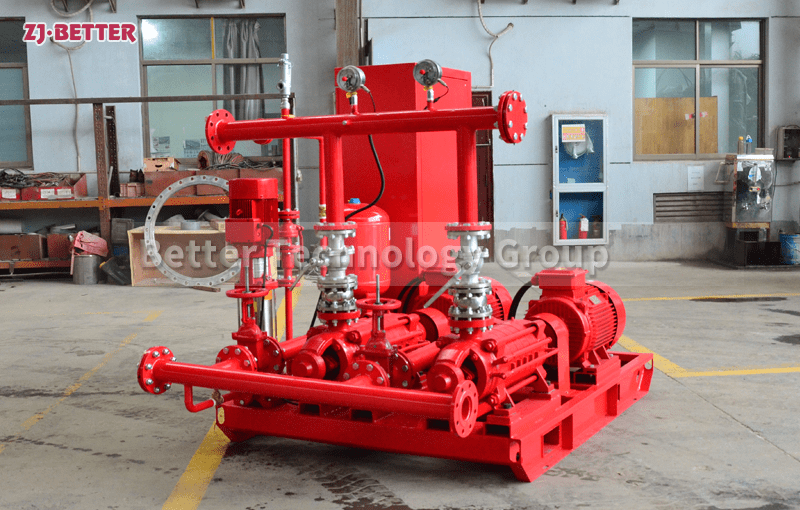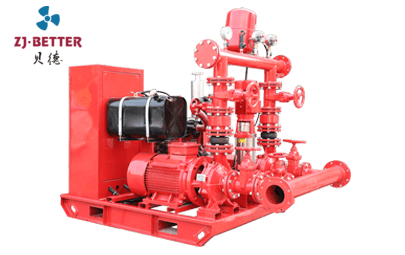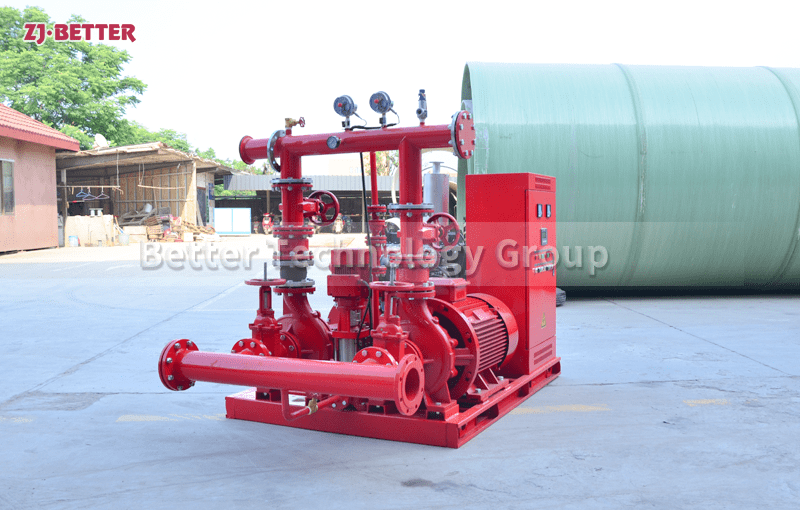How do fire pumps handle fire protection in cold climates?
In cold climates, fire pumps must be designed and installed to prevent freezing and ensure reliable operation in low temperatures. This includes using heated enclosures or pump rooms to keep the pumps and associated piping above freezing temperatures. Insulation and heat tracing can be applied to pipes to prevent water from freezing, particularly for outdoor or exposed piping. Additionally, anti-freeze solutions may be used in sprinkler systems to protect against freezing. Fire pumps in cold climates must also be tested and maintained regularly to ensure that all components, including heaters and insulation, are functioning correctly. Special considerations are also given to the type of fire pump selected, with diesel-powered pumps often preferred over electric ones in areas where power outages during winter storms are common.
In cold climates, fire pumps must be designed and installed to prevent freezing and ensure reliable operation in low temperatures. This includes using heated enclosures or pump rooms to keep the pumps and associated piping above freezing temperatures. Insulation and heat tracing can be applied to pipes to prevent water from freezing, particularly for outdoor or exposed piping. Additionally, anti-freeze solutions may be used in sprinkler systems to protect against freezing. Fire pumps in cold climates must also be tested and maintained regularly to ensure that all components, including heaters and insulation, are functioning correctly. Special considerations are also given to the type of fire pump selected, with diesel-powered pumps often preferred over electric ones in areas where power outages during winter storms are common.

